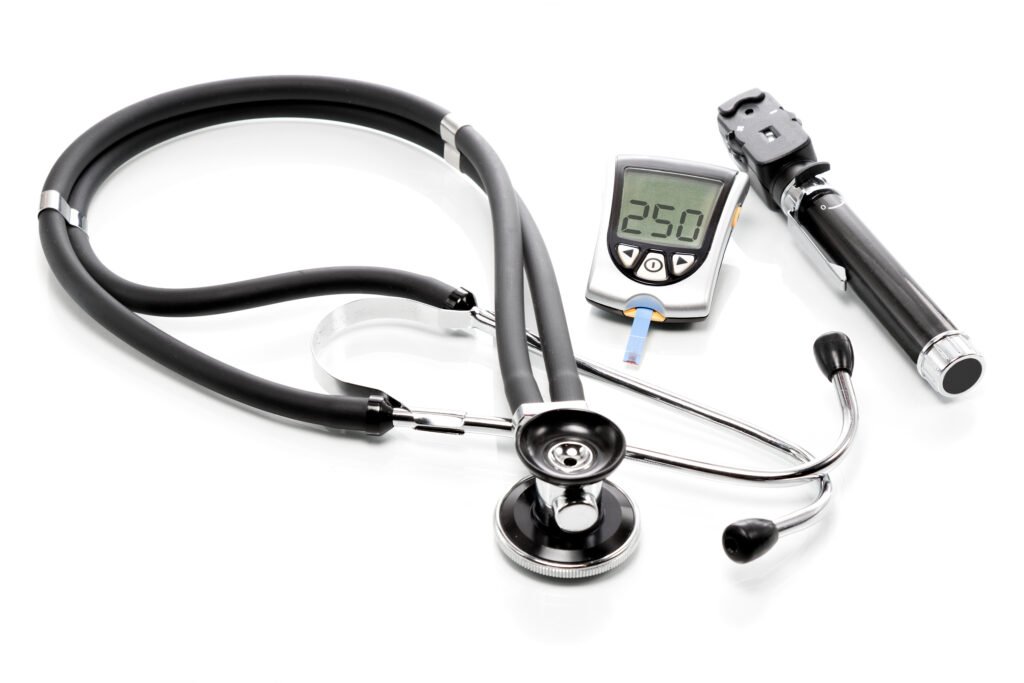TRT is a treatment option for low testosterone levels, but risks exist, and it is not advised for normal aging. Consult a healthcare provider.
Testosterone is a hormone that plays a vital role in many aspects of men’s health, such as sexual function, muscle mass, bone density, mood, and energy.
However, testosterone levels can decline with age or due to certain medical conditions, leading to symptoms such as low libido, erectile dysfunction, fatigue, depression, and osteoporosis.
If you are experiencing these signs of low testosterone, you might wonder if testosterone replacement therapy (TRT), otherwise known as male hormone replacement therapy is a good option for you.
What Is TRT and How Does It Work?
TRT is a treatment that aims to restore normal or optimal testosterone levels in men who have low or deficient testosterone due to various causes.
TRT can be administered in different ways, such as injections, patches, gels, pellets, or tablets.
The goal of TRT is to improve the quality of life and well-being of men with low testosterone by alleviating their symptoms and preventing potential complications.
What Are the Benefits of TRT?
TRT can have several benefits for men with low testosterone, depending on their individual situation and response to treatment. Some of the possible benefits include:
- Increased sexual desire and performance
- Improved erectile function and sperm production
- Enhanced muscle strength and mass
- Reduced body fat and increased bone density
- Improved mood and cognitive function
- Lower risk of cardiovascular disease and anemia

What Are the Risks and Side Effects of TRT?
TRT is not without risks and side effects, and it is not suitable for everyone. Some of the potential risks and side effects include:
- Acne and oily skin
- Fluid retention and swelling
- Increased red blood cell count and blood viscosity
- Increased risk of blood clots and stroke
- Enlarged prostate and urinary problems
- Worsening of sleep apnea
- Breast enlargement and tenderness
- Reduced fertility and testicular shrinkage
- Aggression and mood swings
TRT may also interact with certain medications or worsen some medical conditions, such as prostate cancer, liver disease, heart failure, or diabetes.
This is why it is important to consult your doctor before starting TRT and to have regular check-ups and blood tests to monitor your testosterone levels and health status.
How to Decide If TRT Is Right for You?
TRT is not a one-size-fits-all solution for men with low testosterone. The decision to start TRT should be based on a careful evaluation of your symptoms, medical history, physical examination, and blood tests.
You should also weigh the potential benefits and risks of TRT with your doctor and discuss your expectations and goals from treatment.
TRT may not be effective or safe for everyone, and it may require lifelong commitment and monitoring. You should make an informed choice that reflects your personal preferences and values.
If you think you might have low testosterone or are interested in learning more about TRT or male hormone replacement therapy, talk to your doctor today. TRT may be able to help you feel more energetic, confident, and satisfied with your life.








